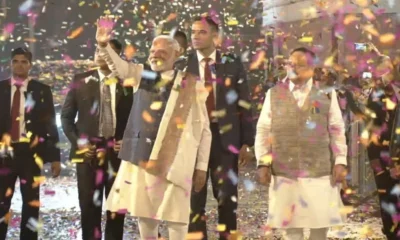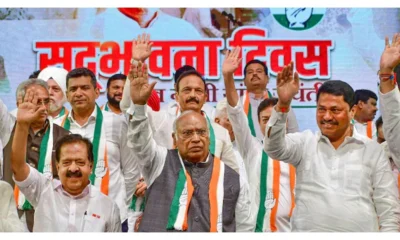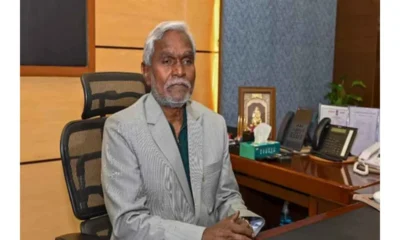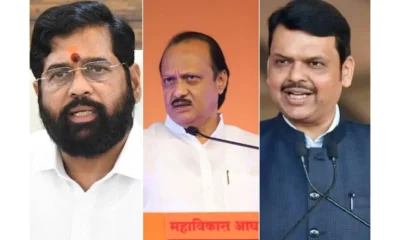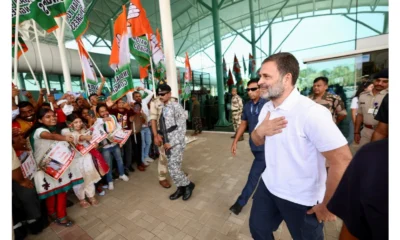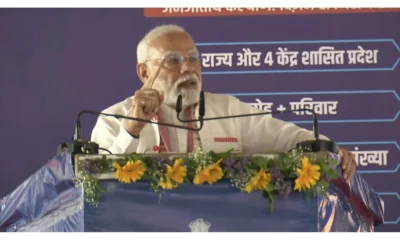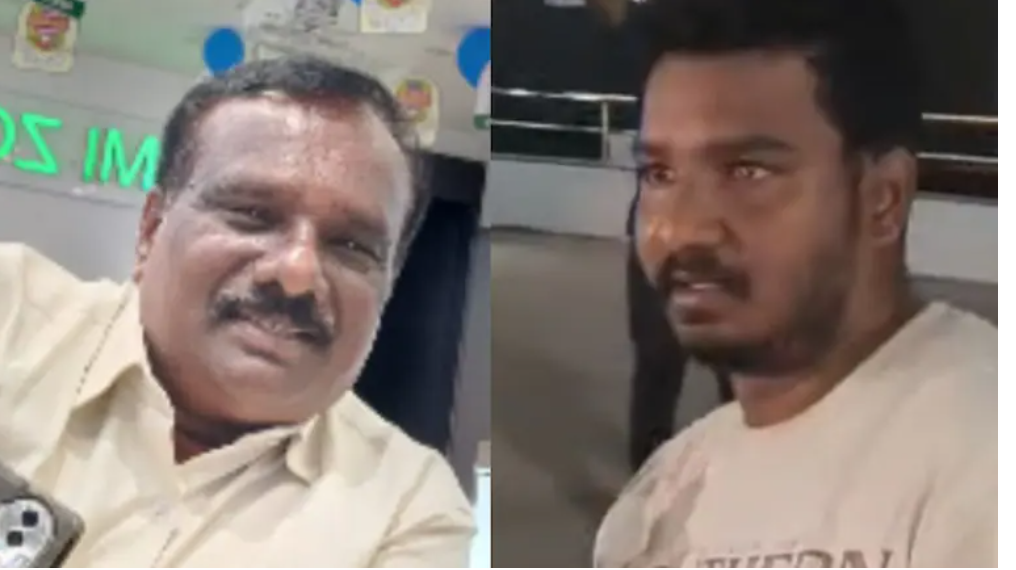A new story has emerged from Jharkhand’s Giridih District where 3 Hindu youths allegedly entered a mosque in the Telidih Village. According to reports, the 3 men were seen by a person who had come to the mosque to offer prayers, however, as soon as the man witnessed the 3 men allegedly urinating in a mosque, a commotion was caused by the villagers. The incident transpired on 6th October.
According to reports, the local villagers gathered and caught the three accused and locked them in a room. Some locals, who were angered by the incident, also resorted to causing damage to the surrounding properties as well as cars.
The police, however, reached the place of crime with heavy force as Superintendent of Police, Amit Renu, and Deputy Commissioner, Naman Priyes Lakra, of the police, also accompanied the force in light of the incident being of a vulnerable nature which can escalate further. The incident resulted in roads being blocked for over an hour.
Read Also: West Bengal: Muslim man jumps into flood-hit Mal river, saves 9 people from drowning | WATCH
The uproar was brought under control as soon as the police reached the place and unlocked the 3 accused and took them into their custody. The reports also claim that the police also beat the youths and then carried out due process.
According to reports, the Deputy chief commission stated that the crime is very serious and added that the administration will not spare such anti-social elements. The Deputy chief commissioner further added that the accused have been arrested and the police will seek stringent actions against the men.
Naman Priyes Lakra also urged the local villagers to maintain law and order in the area and trust the police. The DC further added that in case of any breach of peace and harmony, the people should come forward and inform the police.
A similar case transpired on the 6th in Karnataka’s Bidar where a mob allegedly broke into Mahmood Gewan Madarsa and Mosque and raised slogans. According to reports, the mob also performed Hindu puja.
Following the incident, the members of the Muslim community filed a complaint and alleged that the crowd tried to break open the gates as they raised slogans of Bharat Mata Ki Jai. The mob also threatened the security person as well as dumped garbage on the wall of the mosque, said the members of the Muslim community. The complainants had further caveated that they will resort to protest if the people are not arrested.
The Superintendent of Police Dekka Kishore Babu, in his statement, said that they have registered an FIR in the following matter. He further stated that it is a common practice from the Nizam period of performing Pooja during Dasara in the mosque.
3 Jharkhand men urinate in local mosque, Girdih Police promise stringent actions
Purvanchal Expressway caves in at Haliyapur, video viral


